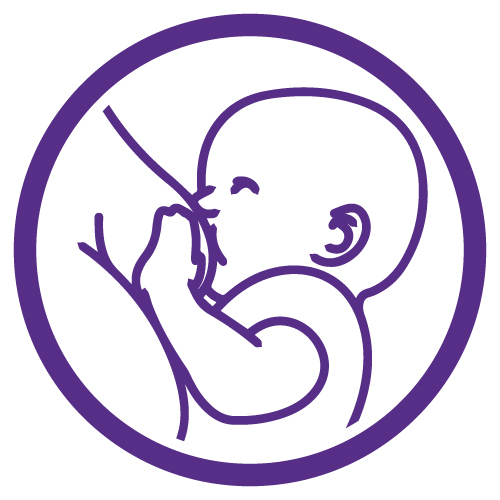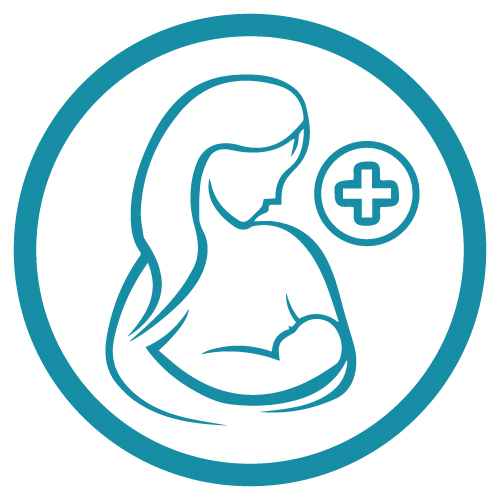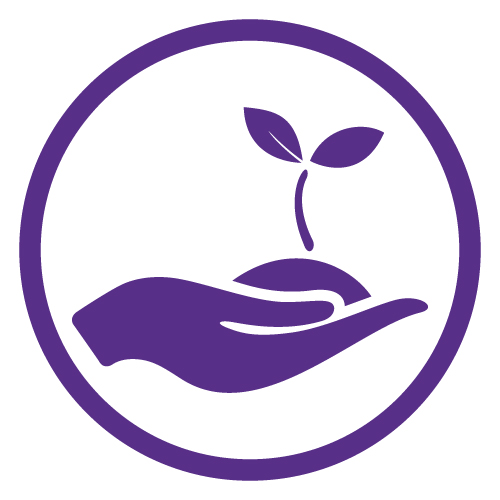 Lactation & Breastfeeding Online Course(s) & Continuing Education
Lactation & Breastfeeding Online Course(s) & Continuing Education
Access the latest clinical skills and research for Lactation & Breastfeeding for professional training. These Lactation & Breastfeeding online courses provide practice-changing skills and valuable perspectives from leading global experts. This Lactation & Breastfeeding education has been accredited for a variety of CEUs / CERPs and can be accessed on-demand, at your own pace.
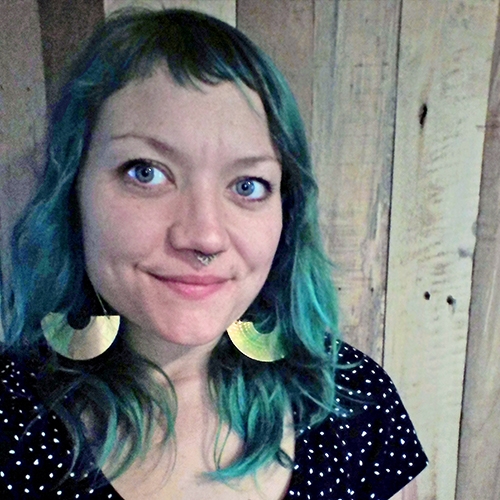

Anna is an IBCLC in Minneapolis, Minnesota. They started their work in the lactation field as a La Leche League Leader in 2015 and achieved board certification in 2018. Her three years with La Leche League included a two-year position as Equity, Diversity, and Inclusion Administrator of LLL of Minnesota and Dakotas. Anna has worked with the Twin Cities' Queer Birth Project and currently serves as IBCLC for St. Paul- Ramsey County WIC and Baby Cafe. She holds a BA in Gender, Women and Sexuality Studies from the University of Minnesota, and works to break down barriers to lactation support and create space in the intersections of gender, sexuality, anti-racism, self healing, social and environmental justice, and natural infant feeding. She has presented for the Breastfeeding and Feminism International Conference, iLactation, La Leche League, the Twin Cities Birth and Baby Expo, and the Minnesota Department of Health. Anna holds down a homestead where she raises two kids and a bunch of animals and makes art. Find her at annabrauchlactationsupport.weebly.com.
In this session, I will explore how trauma held in the body interferes with the breast/chestfeeding experience on a physiological level, including how experiences of trauma, stress, and conflict contribute to stress hormones, as well as on an emotional level, preventing the bonding between parent and child that facilitates a fulfilling breast/chestfeeding relationship. I will share techniques for supporting parents with past trauma using interdisciplinary approaches that promote self-care and healing of trauma that include talk therapy, bodywork, use of herbs and other holistic and traditional approaches such as acupuncture, potential Western medicine/pharmaceutical support, peer support, lactation professional support, and family support, and how to integrate trauma-informed care into their lactation practice. We will discuss the role of gender dysphoria during breast/chestfeeding for trans and gender non-conforming parents and delve into the available research on techniques that queer, trans and gender non-conforming parents use to combat gender dysphoria, including hormone therapy, gender-affirming surgery, and chest binding, and the compatibility of those techniques with lactation.
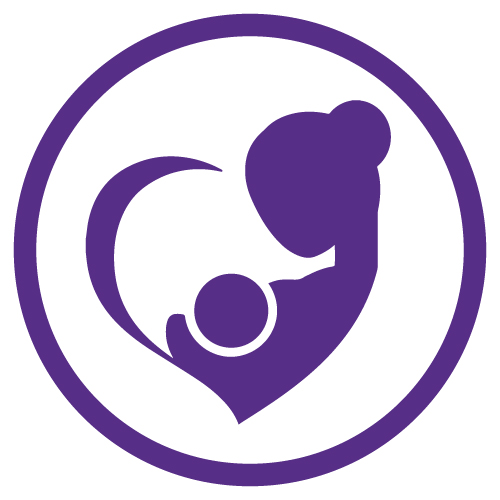
View Details / Enroll
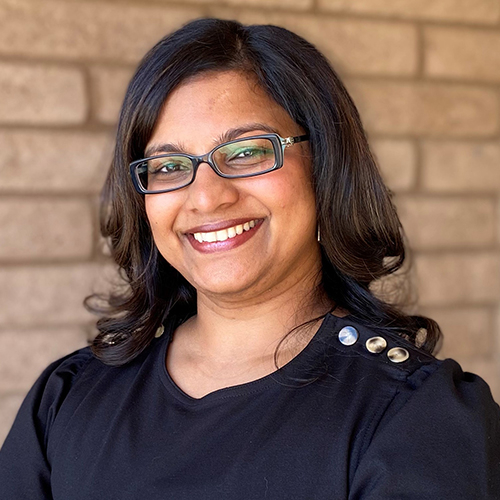
Supporting Early Oral Feeding Experiences in the NICU: Utilizing the Lens of Orofacial Myology

Ramya Kumar is an ASHA certified Speech Language Pathologist specializing in infant and pediatric feeding disorders while practicing in a Level 3 NICU and outpatient settings in Phoenix, AZ. She is a Board Certified Specialist in Swallowing & Swallowing Disorders, Certified Neonatal Therapist, International Board Certified Lactation Consultant, Neonatal Touch & Massage Certified Therapist & has completed the Trauma Informed Professional Certificate. Ramya is an internationally sought out speaker & clinical mentor on the topic of neuroprotective care in the NICU, Pediatric Feeding Disorders and Tethered Oral Tissues. Ramya is passionate about helping families create mealtime success through a whole-body lens. More recently, Ramya has been serving as a NICU Developmental Coordinator championing changes in unit culture, system-wide policy development and supporting transition of NICU families to community based programs. She has also co-founded Arizona NICU Follow-Up Specialists, a community resource supporting NICU grads and their families as they transition from hospital to home.
Topic: Trauma Informed and Family Centered Care! Keeping the Family Unit at the Center of a Tongue-Tie Treatment Model - [View Abstract]
One of the most complex and challenging tasks required of an infant in the neonatal ICU (NICU) is oral feeding. Oral feeding progression is also one of the most critical pieces of the discharge puzzle. Depending on their medical and nutritional needs, these infants often experience procedures like intubation and/or placement of medically necessary interfaces like nasal prongs, CPAP masks, orogastric and nasogastric feeding tubes. Intra-oral presence of tubes paired with the sensory motor implications of tape used to secure these interfaces and the overall challenges of a developing infant in the ex-utero environment places these infants at risk for oral feeding difficulties downstream. This presentation will provide participants with ways to support the developing oral structures and subsequent oral motor and oral sensory components of a neonate in an attempt to support breast and bottle feeding progression in the NICU.


Dr. Pound is a Clinical Investigator at the CHEO Research Institute, an Assistant Professor in the Department of Pediatrics at the University of Ottawa, and the Resident Research Coordinator for the Pediatric Residency Program at the University of Ottawa. She is a specialist in the field of Consulting Pediatrics and has presented at national meetings, and published in the area of breastfeeding, and has authored a position statement on breastfeeding for the Canadian Pediatric Society.
Topic: Supporting Exclusive Breastfeeding; What's A Physician Got To Do - [View Abstract]
In this presentation, Dr Pound will discuss the evidence supporting the importance of physician support, in order to encourage and maintain successful breastfeeding. An overview of recent research of Canadian physicians’ attitudes, comfort and knowledge with regards to breastfeeding will be provided, with a particular emphasis on specific knowledge gaps. Clinical scenarios will be discussed, in which ways to address breastfeeding difficulties will be examined, from the physician’s standpoint. Common universal myths and pitfalls will be addressed, and ways to efficiently integrate breastfeeding assessment into one’s clinical practice.
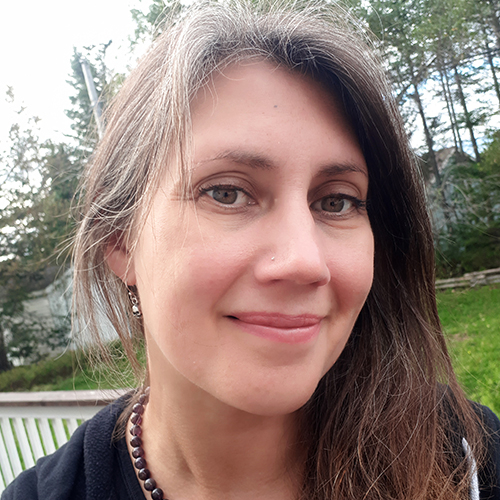
Supporting Older First-Time Mothers with Breastfeeding and Becoming a Mother: Insights for Clinical Practice

Rosann Edwards is an Assistant Professor in the Department of Nursing and Health Sciences at the University of New Brunswick Saint John, an experienced front line public health nurse, and lactation consultant. She is also a third-degree karate black belt, and mother of boys. Rosann’s research and community work focuses on breastfeeding, the transition to motherhood, maternal satisfaction with breast/infant feeding, mothering in the shelter system, and empowering vulnerable populations of women and their children. She is the co-editor of the recent Demeter Press Anthology Breasts across Motherhood: Lived Experiences and Critical Examinations.
Topic: Supporting Older First-Time Mothers with Breastfeeding and Becoming a Mother: Insights for Clinical Practice - [View Abstract]
Mothers 35 year of age or older are the fastest growing demographic of new mothers in many developed countries, & a steadily emerging global trend. The quality of a mother's breastfeeding experience has the potential to affect breastfeeding duration and factors that promote healthy maternal-infant attachment, infant growth and development, and maternal mental health. There is a lack of understanding of how older first-time mothers make decisions about breastfeeding and mothering. Learn more about new research that looked to answer the research question ‘What factors affect how first-time mothers >35 years of age make decisions about breastfeeding and the motherhood in the first six months postpartum?’ The findings provide a framework to work in partnership with older first-time mothers to enhance positive breastfeeding experiences, adaptation to motherhood and positive mental health outcomes through strategies that promote resiliency and shared decision-making around early postpartum care, and breastfeeding/infant feeding supports. Key components include helping mothers identify what satisfaction with breastfeeding is for them, encouraging increased levels of knowledge, control, trust and ownership, supporting them in redefining their core self, and providing realistic, evidence-based information.
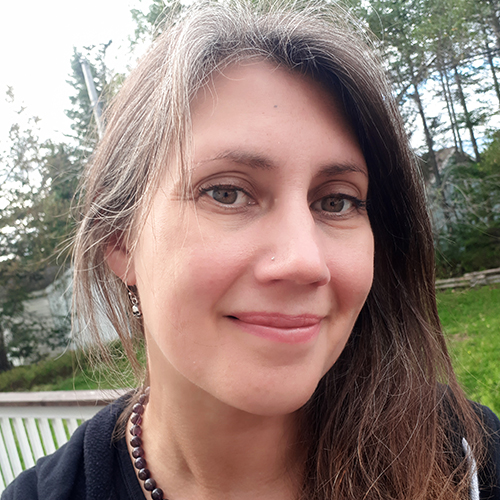
View Details / Enroll
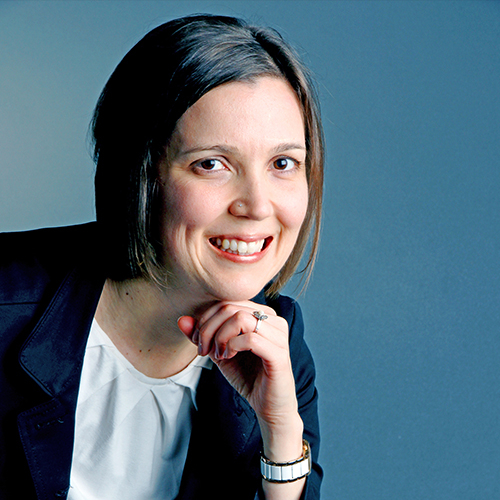
Supporting Parents Through Grief After the Loss of the Breast/Chestfeeding Relationship

Laurie-Anne Muldoon has supported families both as an RN and as a Social Worker in a variety of hospital, public health and community mental health settings in the U.S. and Canada for the last 25 years. She has felt privileged to have companioned many women, families and groups through their experiences of loss, upheaval and life transitions. Her passion for perinatal mental health was reignited following her own birthing and breastfeeding experiences with her son 11 years ago. Laurie-Anne brings her compassion and respect for human dignity to her work with parents transitioning into the world of parenthood. She is founder of The Ottawa Integrative Mental Health Collective. A proud Franco-Ontarian, Laurie-Anne was born and raised in Ottawa Ontario. She currently works in private practice specializing in perinatal mental health, birth trauma and loss.
For many mothers/lactating parents, their reasons for deciding to breast/chestfeed are often grounded in an effort to do what’s best for themselves and their child. Unfortunately, the reality is that on the road to trying to be the best parent they can be, breast/chestfeeding doesn’t always work out in the way that parents had hoped. In fact, sometimes it doesn’t work out at all. This loss can be deeply felt by a parent for a long time.
This presentation will explore what is at the heart of breast/chestfeeding grief and what distinguishes it from other types of grief. Lactation providers will also learn about several socio-cultural factors that amplify grief after the loss of the breast/chestfeeding relationship. Additionally, attendees will learn about some of the emerging data related to how the pandemic has impacted this type of grief. And lastly, we will take a closer look at how to respond more effectively to clients who are experiencing the loss of a breast/chestfeeding relationship with their child.
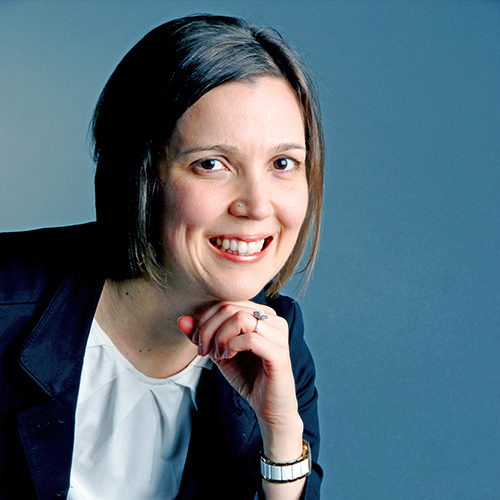
View Details / Enroll
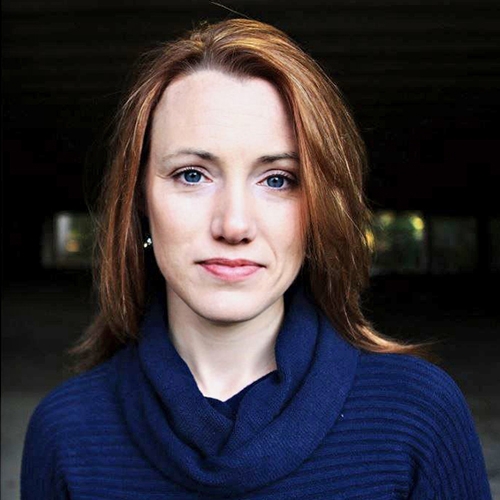
Survivor Mothers' Speak: Child Sexual Abuse Impacts Breastfeeding Experiences

Emily Taylor is nationally recognized for leading hospital transformations to advance health, happiness and equity in communities impacted by structural oppression.
As Founder and Director of WISE (Women-Inspired Systems’ Enrichment), Emily currently leads Perinatal Care Quality Improvement Collaboratives throughout the United States. The collaboratives feature equity and social justice, action-oriented knowledge and skill-building, community engagement, and advanced leadership development.
Emily serves as Chair of the United States Breastfeeding Committee – a coalition of more than 100 organizations that collaboratively drive efforts for policy and practices that create a landscape of breastfeeding support across the United States.
Prior to founding WISE, Emily was Deputy Director of the Carolina Global Breastfeeding Institute. There, she directed the National Collaborative for Advancing the Ten Steps and other collaborative programs. She also conducted myriad research studies resulting in publication on influence of infant formula marketing, implementation of the Baby-Friendly Hospital Initiative, access to donor human milk in the United States, child sexual abuse survivors’ experiences with breastfeeding, and organizational readiness to change.
Emily is currently pursuing her doctorate in Public Health Leadership at the University of North Carolina at Chapel Hill, the same school from which she earned her Master of Public Health from in 2007. She completed the Institute for Healthcare Improvement’s Improvement Advisor Professional Development Program in 2012, and Tamarack Institute’s “Champions for Change: Leading a Backbone Organization for Collective Impact” in 2013.
Her experience as a certified childbirth doula and Lamaze educator and her identity as a woman, feminist, sister, advocate, and equity accomplice continue to inform her work.
One in four girls in the United States report having been sexually abused before their eighteenth birthday. This session will explore how this experience impacts breastfeeding and how lactation supporters can play a positive role in both healing and feeding. A small amount of time will be dedicated to understanding the scope of child sexual abuse in the US. Participants will benefit from hearing lessons gleaned from contemporary peer-reviewed literature that explores the relationship between the surviving child sexual abuse and breastfeeding. The majority of time will be spent hearing from the experts themselves: mothers talking about how their experiences of child sexual abuse impacts their experiences with breastfeeding. Participants will gain insight to the vulnerability and resilience that exists within this large group. The session will end with recommendations for how to provide lactation support that respects and enhances parents’ opportunities to gain power, self-possession, softness and inter-generational healing.

View Details / Enroll


Rolinde obtained a PhD in applied biological sciences at Ghent University in 2011 and authored several peer reviewed articles. After a career as a scientist, she started her private practice “Op de groei”, where she works as a pediatric dietitian and lactation consultant. Rolinde has a special interest in allergies, starting solids and picky eating and is the author of several books on cow’s milk allergy and feeding in the first years of life. Rolinde is known for the critical eye with which she translates science into practical information.
Cow’s milk protein allergy is one of the most common food allergies in young children, diagnosed in 1/200 breastfed infants. Both underdiagnosis and overdiagnosis can have negative implications for mother and child, underlining the importance of a timely and correct diagnosis. An adequate management of a cow’s milk protein allergy should not only focus on the correct elimination of cow’s milk proteins, but also on practical advice on adaption of family meals and nutritional adequacy for the breastfeeding mother and infant. Research shows that 85% of children develop tolerance to cow’s milk proteins, on average between the age of one and three years old. This presentation will include when and how reintroduction with cow’s milk should occur to determine acquisition of tolerance in the breastfed infant. Finally, we will discuss whether the development of a cow’s milk protein allergy can be prevented and which factors raise the risk of developing a cow’s milk protein allergy.
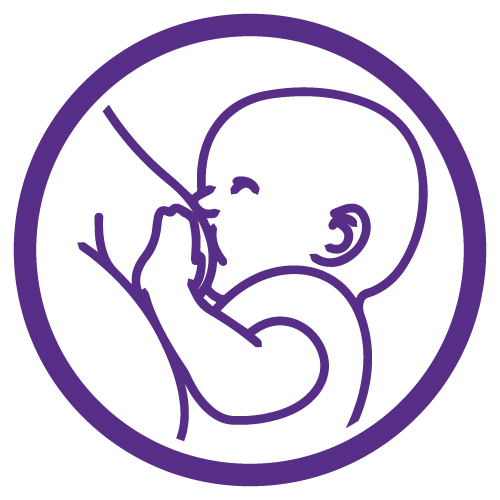
View Details / Enroll
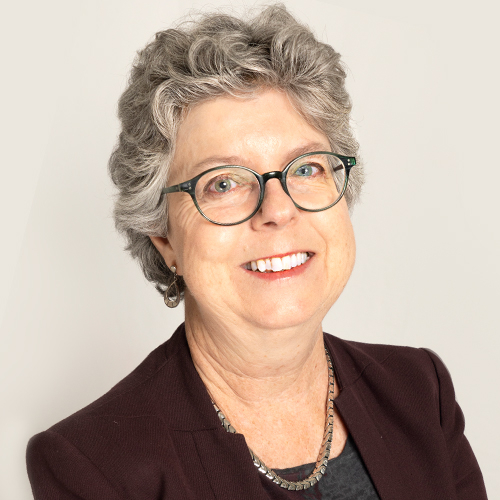
Taking a Lactation History: From Pregnancy to Postpartum and Beyond

Professor Lisa Amir is a general practitioner and has been an International Board Certified Lactation Consultant since 1989. She is the author of over 120 peer-reviewed articles on breastfeeding. She works in breastfeeding medicine at The Royal Women’s Hospital in Melbourne, Australia. She is a Principal Research Fellow at Judith Lumley Centre, La Trobe University and is the Editor-in-Chief of the open access journal, International Breastfeeding Journal.
Topic: Ethical Issues in the Use of Medications During Lactation - [View Abstract]
Topic: Taking a Lactation History: From Pregnancy to Postpartum and Beyond - [View Abstract]
Topic: Urban Design Solutions to Support Breastfeeding in Public - [View Abstract]
In this talk, Dr Lisa Amir explains how to take a history in a breastfeeding consultation. Developing rapport, listening and asking the right questions are essential to helping women experiencing challenges with breastfeeding. This talk will consider taking a history from clients before and during pregnancy, as well as early postpartum and later in their breastfeeding journey.
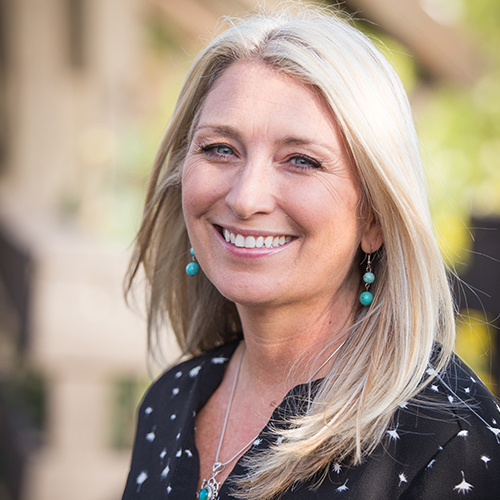
Talk To Me: How Breastmilk Acts as a Communication and Gene Expression Tool Between Mother and Child

Laurel Wilson, IBCLC, CLE, CCCE, CLD is a TEDx and international speaker, author, pregnancy and lactation expert, and consultant. She served as the Executive Director of Lactation Programs for CAPPA, the Childbirth and Postpartum Professional Association for 16 years and now is on the Senior Advisor Board. She served on the Board of Directors for the United States Breastfeeding Committee from 2016-2019. She also is on the Advisory Board for InJoy Health. She owns MotherJourney, focusing on training perinatal professionals on integrative and holistic information regarding pregnancy, childbirth, and breastfeeding. She has her degree in Maternal Child Health: Lactation Consulting and is an internationally board certified lactation consultant. As the co-author of two books, The Attachment Pregnancy and The Greatest Pregnancy Ever, original Editor of the CAPPA Lactation Educator Manual, and contributing author to Round the Circle: Doulas Talk About Themselves, she loves to blend today’s recent scientific findings with the mind/body/spirit wisdom. Laurel has been joyfully married to her husband for nearly three decades and has two wonderful grown sons, whose difficult births led her on a path towards helping emerging families create positive experiences. She believes that the journey into parenthood is a life-changing rite of passage that should be deeply honored and celebrated.
Topic: Epigenetics and Breastfeeding: The Potential Longterm Impact of Breastmilk - [View Abstract]
Topic: Hold the Phone! Diet Does Matter During Breastfeeding: Implication of Diet on Fatty Acid Composition and Other Nutrients - [View Abstract]
Topic: Postpartum Mood Disorders, Breastfeeding and the Epigenetic Links from Past Into Future - [View Abstract]
Topic: Talk To Me: How Breastmilk Acts as a Communication and Gene Expression Tool Between Mother and Child - [View Abstract]
Topic: The Milk Sharing Conundrum - The Grey Area Between Scope and Need - [View Abstract]
Topic: The Placenta and Breastmilk-Unraveling the Mysterious World of the Intelligent Organs that Protect our Babies - [View Abstract]
Topic: Understanding Zika and Lyme and Breastfeeding - [View Abstract]
Topic: Unraveling the Mysteries of Human Milk: The Fascinating Role of Neohormones, Epigenetics, the Microbiome and More! - [View Abstract]
Breastmilk has long been understood to be a pathway towards long-term health for both mother and child. The specific mechanisms for how this communication works has long been studied and today many researchers believe that messenger RNAs and stem cells contribute in many ways to appropriate developmental pathways for the baby and cause gene activation that promotes health for life. mRNA in breastmilk can also be influenced by the time of day and even the timing of the babies delivery, becoming adaptive for the baby’s unique needs. Not only do these messenger RNA communicate important genetic information to the baby via breastmilk, changes in the mothers body via mRNA occur during lactation responding to a new “mothering” focus during the period of lactation. This may impact the mother’s postpartum mental states, adaptation to stress, and changes in fatty acids. This presentation highlights some of the fascinating studies that demonstrate the myriad of ways that stem cells and mRNA during lactation become the ultimate communicators, affecting change for years to come.

View Details / Enroll
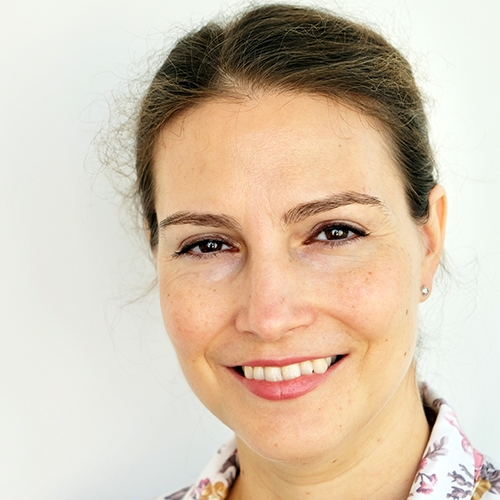
Talking to Babies: Basic Communication Skills for Lactating Parents and Healthcare Specialists

Dr. Smaranda Nay is a Family Doctor, an IBCLC, a Personal Development Counselor and a mother. She has been studying Transactional Analysis psychotherapy since 2007 and is now in her second year of training to become a Somatic Experience therapist. She uses her knowledge to teach parents how to connect with their children and how to attune to their babies’ needs, both through individual counselling sessions and in classes. She is part of the Romanian Lactation Consultants Association and holds lactation education courses for future IBCLCs. She gives lactation counselling consults and holds breastfeeding and childcare courses.
She also holds personal development workshops for teenagers and adults, collaborating with non-formal education organizations and schools. She is particularly curious about the development of an attuned relationship between people and building intimacy and trust. Working with babies, she observes the parent-child connection and explores its potential in healing and growth, and how it impacts the future development of the individual. Working with teenagers and adults, she facilitates ways in which childhood disruptions can be healed in the present.
This is a presentation on how explaining things to babies of all ages, including newborns, can help solve difficult moments during lactation in the parent-baby relationship and lead to healthy parenting. Communication blocks happen frequently due to changes, events, and anxiety, and sometimes they can interfere with breastfeeding/chestfeeding. At least some of these blocks can be solved by communicating with the baby in an open, compassionate, and respectful way.
Lactation and healthcare professionals will learn how to approach such situations, what questions to ask and what suggestions to make to parents so they and their babies can overcome the situation. Lactation and healthcare professionals will also learn about different cases that I have encountered, how the method was applied and what were the results.
I deeply believe that the way we talk to babies, communicate with them and how we teach parents to do that is an essential part of our work. On the long term, it can make an important difference to how those babies are treated, respected, parented, educated, and raised and what kind of adults they will become.

View Details / Enroll
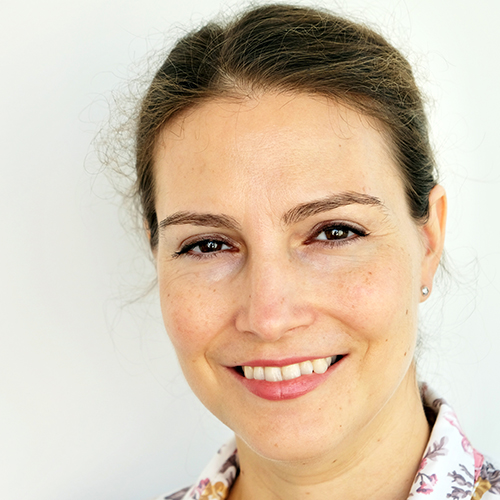
View Details / Enroll



